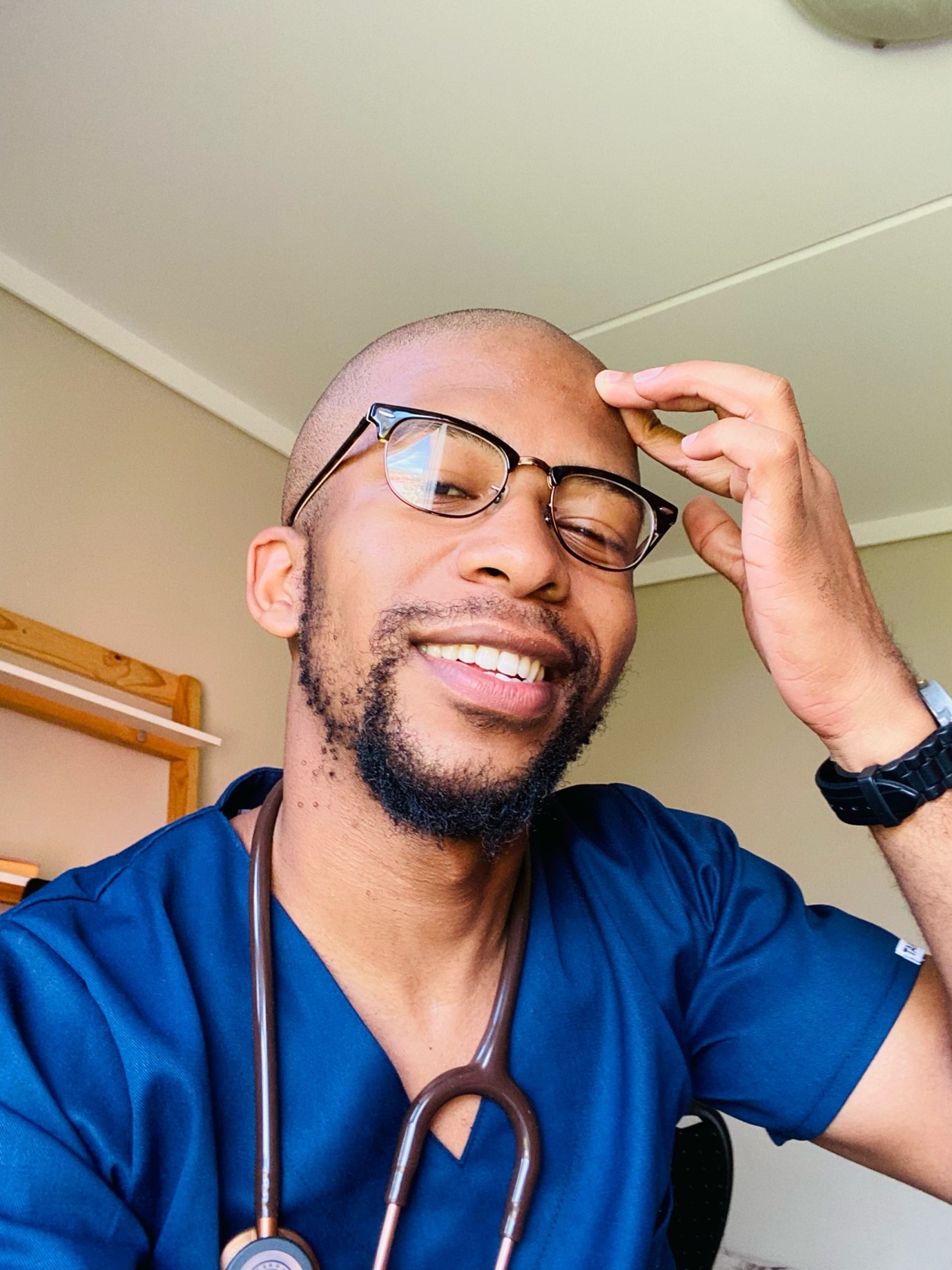Third-year medical student Robert Sithole offers advice on seeking and embracing feedback.
______
As a medical student that is halfway through my degree, I've come to understand the profound importance of seeking feedback. It's not just about waiting for someone to tell you how you're doing; it's about actively seeking guidance from lectures, nurse facilitators, and seniors. Let me share why I believe this is crucial for our development as future healthcare professionals.
Firstly, seeking feedback demonstrates our commitment to learning and improvement. By actively seeking feedback, we show that we are willing to acknowledge our areas of weakness and work on them. It's a proactive approach to becoming better at what we do. Waiting for feedback to come to us passively may mean missed opportunities for growth.
Moreover, seeking feedback allows us to gain different perspectives. Lectures, nurse facilitators, and seniors each bring their unique insights and experiences to the table. By seeking feedback from a variety of sources, we can enrich our understanding and develop a more well-rounded approach to our work. This diversity of perspectives helps us to see things we may have overlooked and opens our minds to new ideas and strategies.
One aspect of seeking feedback that often gets overlooked is the willingness to accept harsh or hard feedback. While it may not always be easy to hear criticism, it's often the most valuable. Constructive criticism challenges us to reflect on our actions and behaviours, pushing us to improve. In the field of medicine, where decisions can have life-changing consequences, receiving honest and critical feedback is essential for our growth and development.
In contrast, feedback that is overly positive or fluffy can be misleading. While it may boost our confidence in the short term, it does little to help us identify areas for improvement. In fact, it may even reinforce bad habits or behaviours. True growth comes from acknowledging our shortcomings and actively working to address them, and this requires honest and sometimes tough feedback.
Furthermore, seeking feedback fosters a culture of collaboration and continuous learning. By engaging with our peers, mentors, and educators, we create opportunities for dialogue and exchange of ideas. This collaborative approach not only benefits us as individuals but also contributes to the overall improvement of patient care and outcomes.
Ignoring feedback, on the other hand, can have serious consequences in the healthcare system. Ignorance breeds complacency, and complacency can lead to errors. In a profession where people's lives are at stake, there is no room for ignorance. Seeking feedback helps us stay vigilant and aware of our actions, reducing the likelihood of mistakes and improving patient safety.
In conclusion, seeking feedback is not just about receiving validation or praise; it's about recognising areas for improvement and actively working to address them. As medical students, we must be open to receiving both positive and negative feedback, as it is through this process that we grow and evolve into skilled healthcare professionals. So, let's embrace feedback, even when it's tough, because it's through challenges that we truly learn and excel in our chosen field.

______
To read more student articles like this visit our student hub.